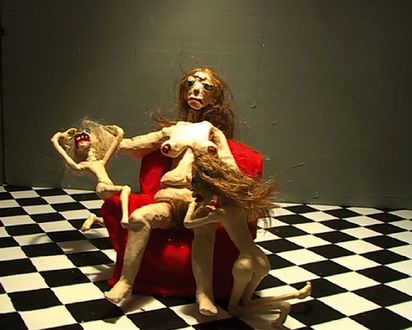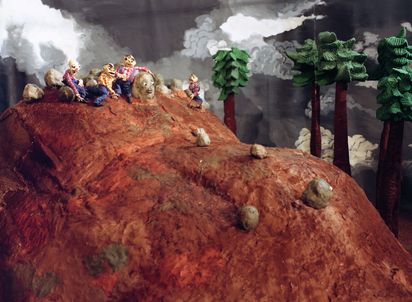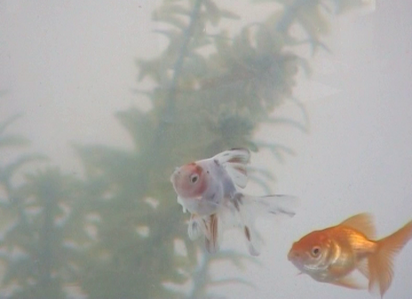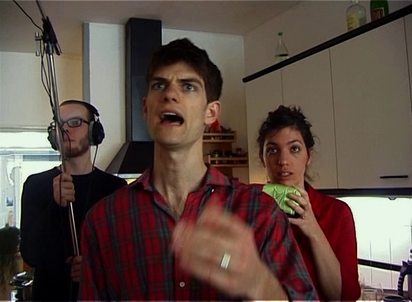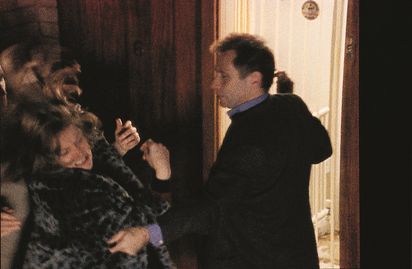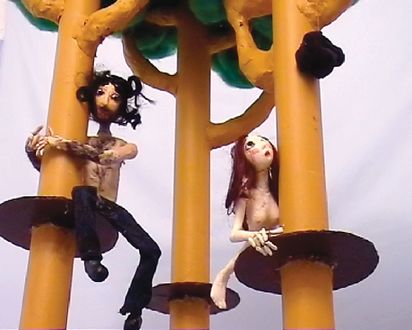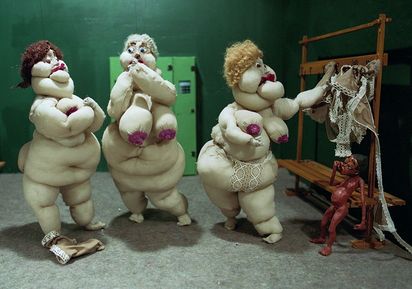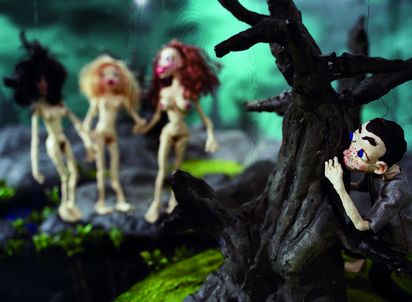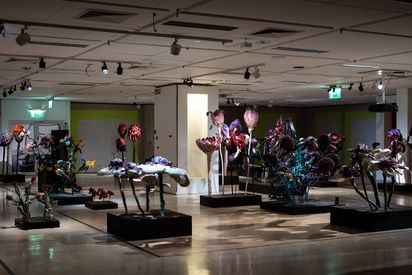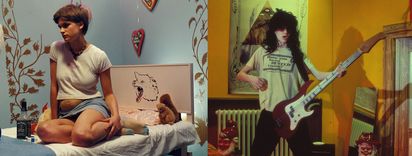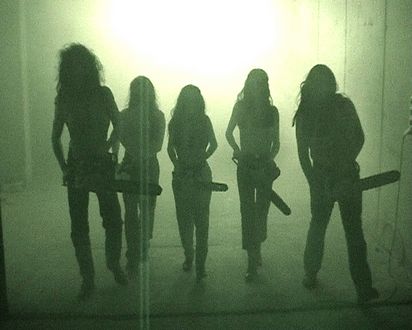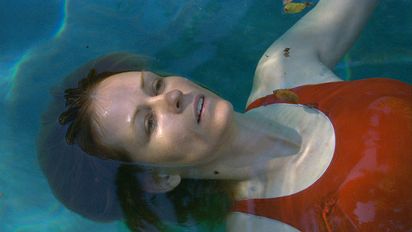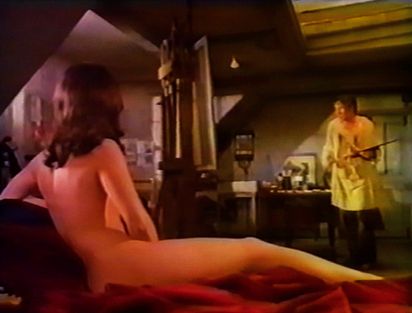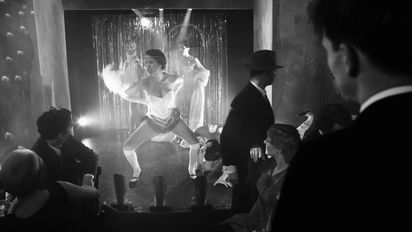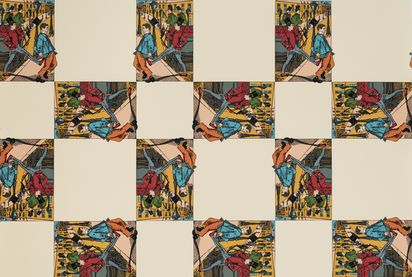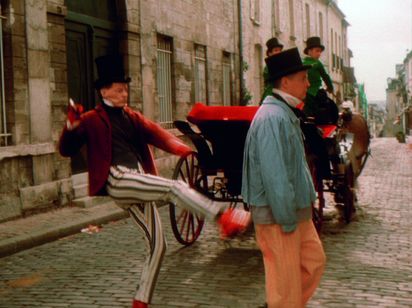Until the 1960s, Indigenous children in Australia were taken from their families to be raised as maids and unskilled workers or given to white adoptive parents. In her iconic short film Night Cries, Australian artist Tracey Moffatt explores the fate of these so-called “stolen generations” as victims of colonial assimilation policies.
The traumatic story about an old white woman and her Indigenous adopted daughter, who now cares for her ‘mother’, is set against a seemingly artificial studio backdrop. The two women’s ambivalent relationship is characterized by care and violence, attachment and abuse. Recordings of the Christian-influenced song Royal Telephone (1963) by Jimmy Little, an Australian singer of Indigenous origin, frame the plot in an oppressive way.
In terms of both content and formal aesthetics, Night Cries quotes the racist feature film Jedda (1955) by Australian director Charles Chauvel. Tracey Moffatt first received critical acclaim in 1990 when Night Cries was selected for the official competition at the Cannes Film Festival.

Night Cries – A Rural Tragedy
- Year 1989
- Edition Unlimited edition
- Material/Technique Single-channel video (color, sound)
- Dimensions Variable
- Length 16' 34''
- Category Media Art
- Collection Sammlung Goetz, Medienkunst, München
- Albums Encounters. Artistic perspectives on cinema
Violence
Movie/Documentary






